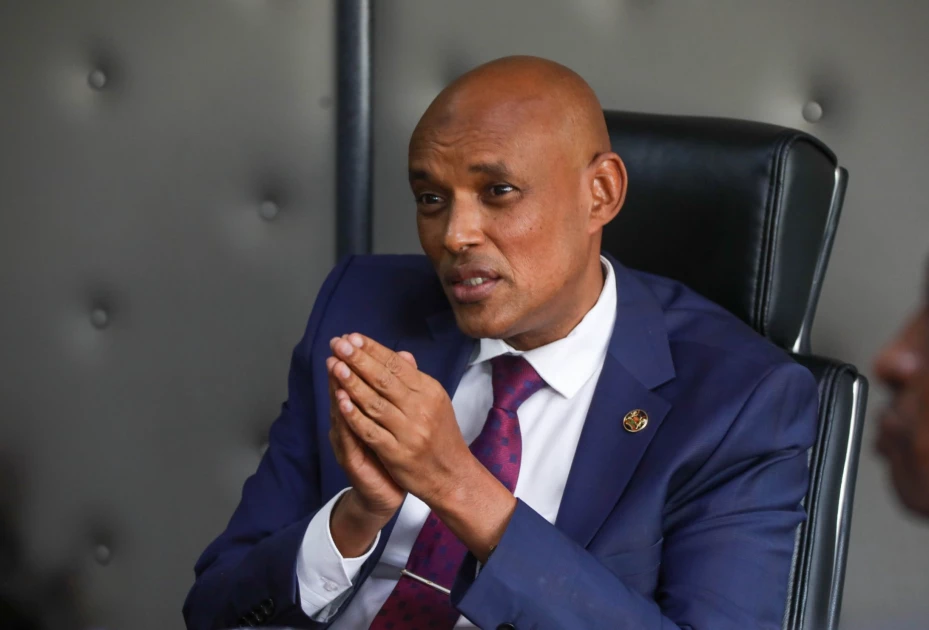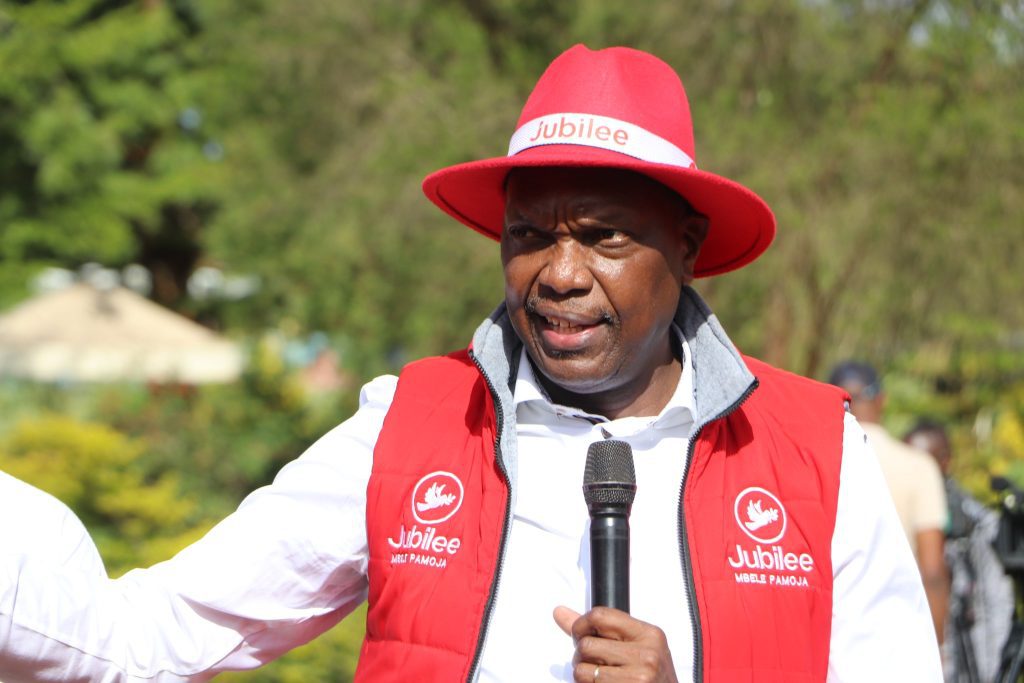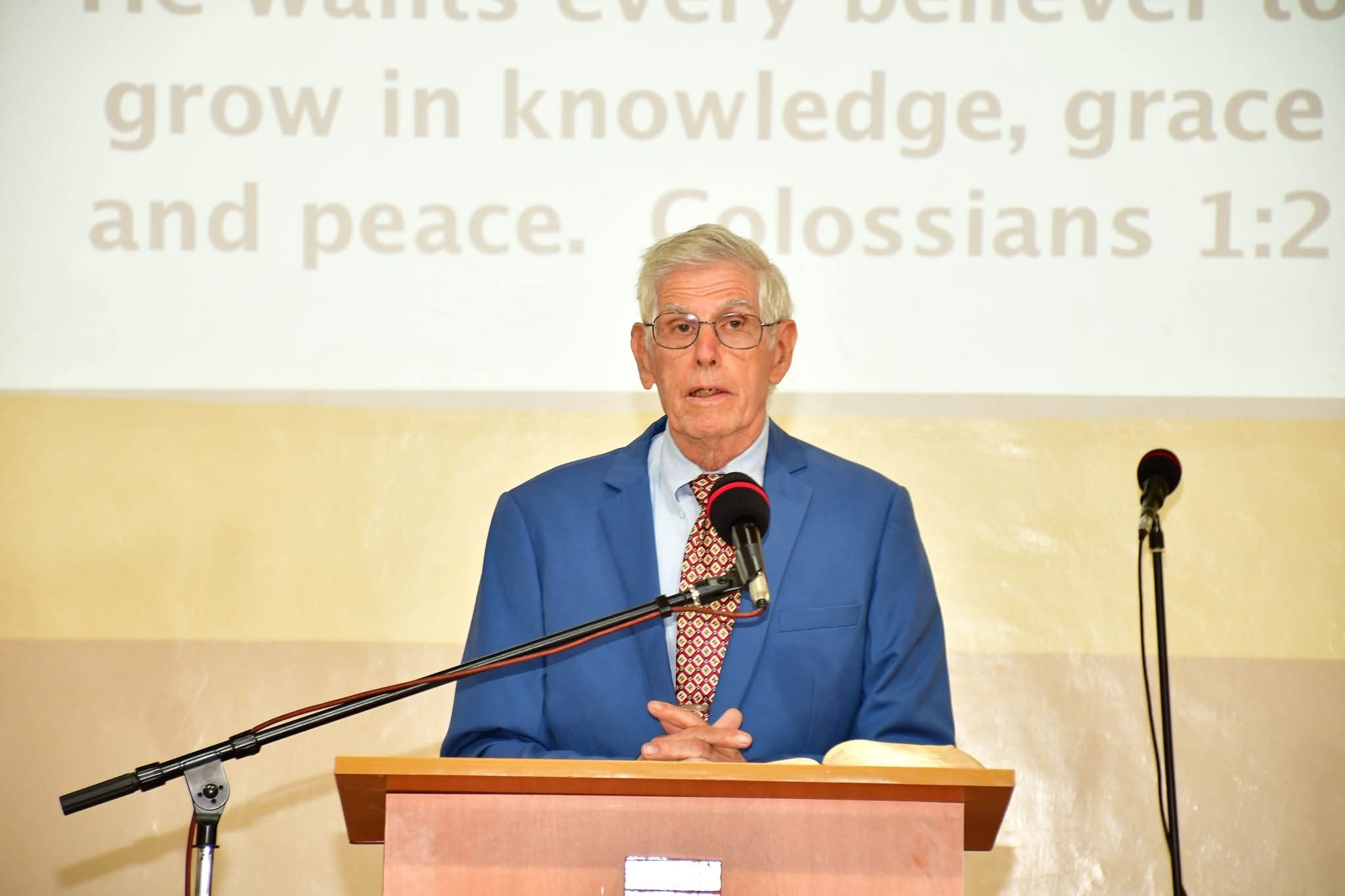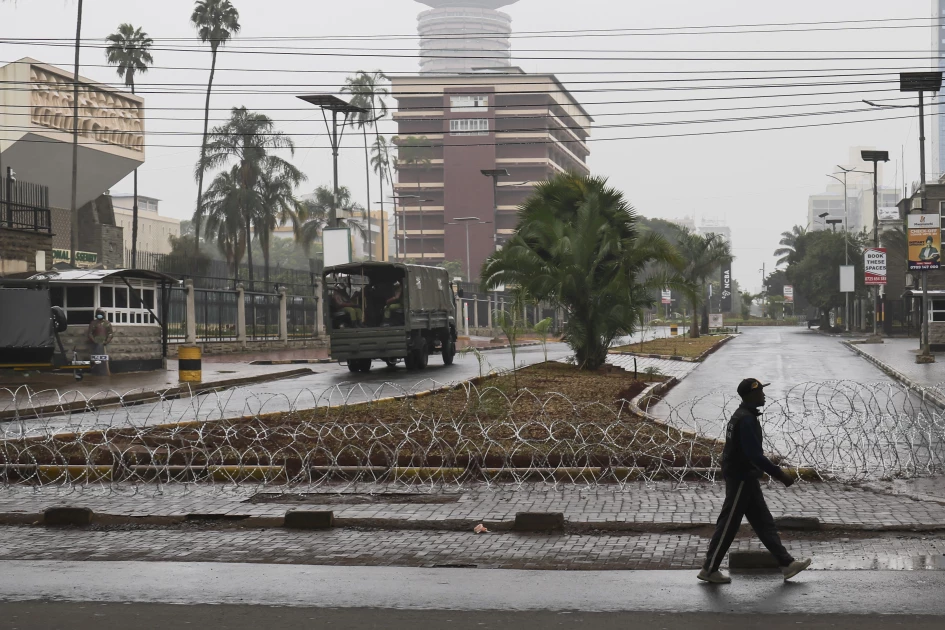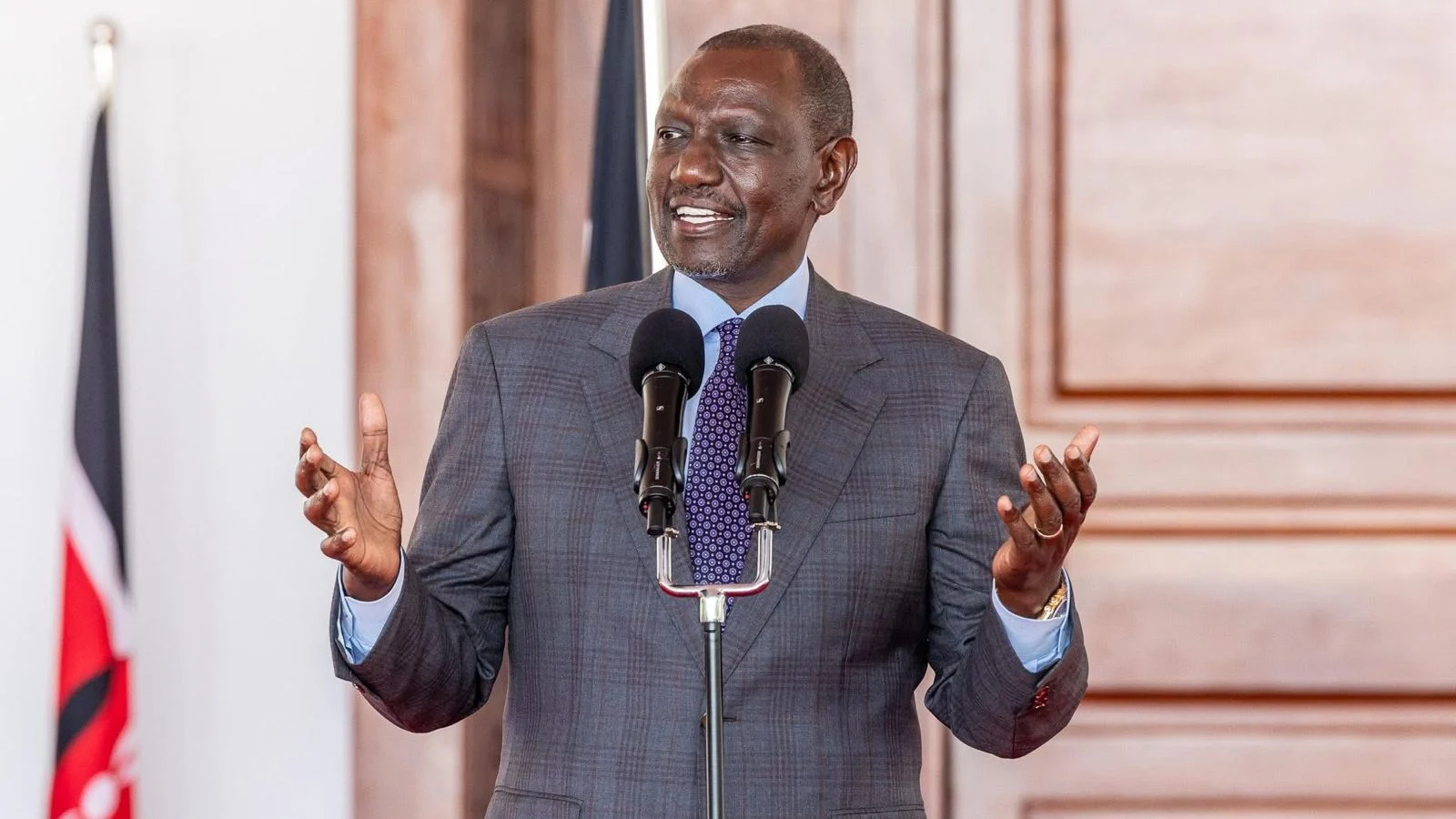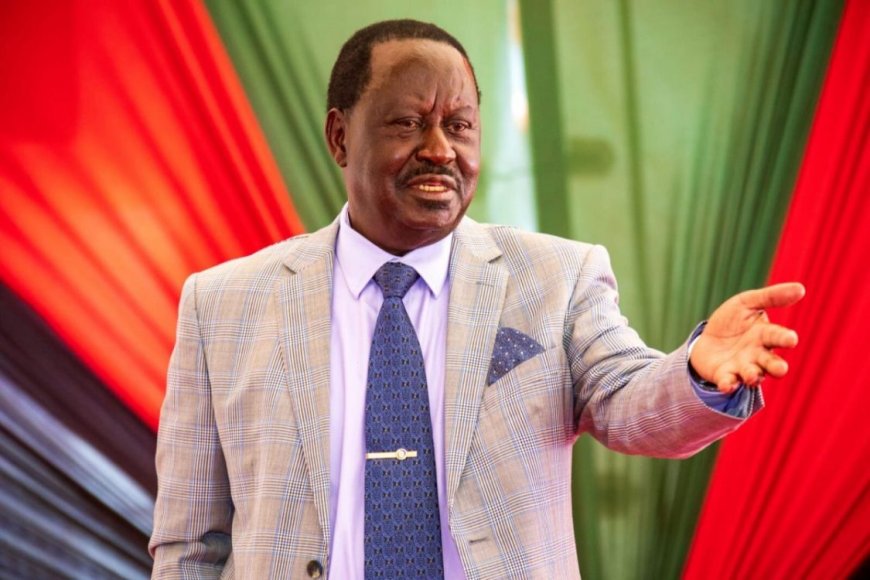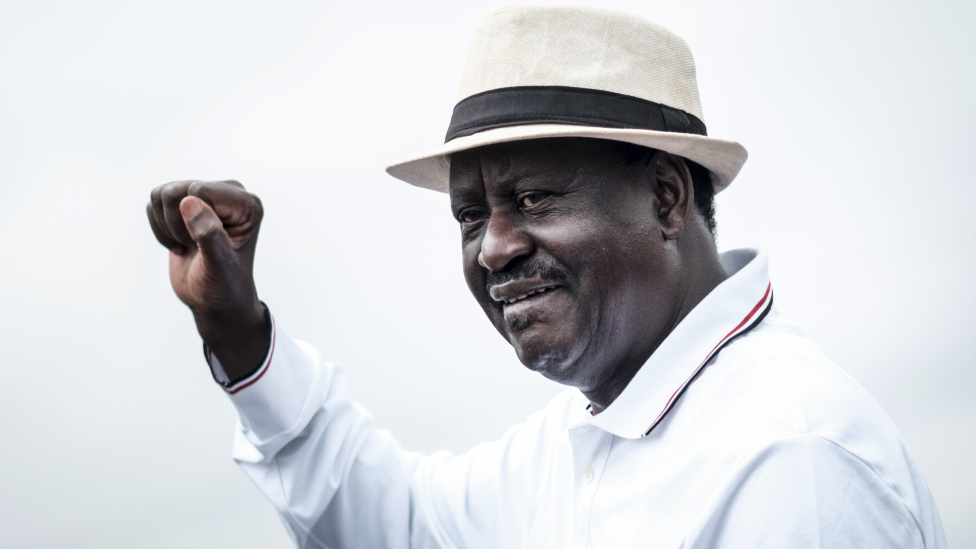Raila Says Murkomen Apologised Over Shoot-to-Kill Remarks
Raila Odinga revealed that Interior CS Murkomen personally apologised for his controversial shoot-to-kill statement made after the June 25 protests.
Rt. Hon Raila Odinga: Murkomen apologized to me and the people for his unfortunate sh00t to k1ll order.
Posted by Duncan Kibwage Makori on Monday, July 7, 2025
ODM party leader Raila Odinga has publicly disclosed that Interior Cabinet Secretary Kipchumba Murkomen issued a personal apology to him over his controversial “shoot-to-kill” directive. The apology followed remarks Murkomen made in the aftermath of the June 25 protests, where he allegedly directed police officers to shoot anyone who attempted to approach a police station. These comments attracted widespread condemnation across the country and drew backlash from numerous human rights defenders and civil society organizations.
Speaking during the Saba Saba Day commemorations on Monday, Raila recounted how he personally confronted Murkomen regarding the comments. He stated that he found the remarks deeply irresponsible and unacceptable, especially given their potential to incite violence and legitimize police brutality. “I told him he was completely out of line,” Raila said, adding that Murkomen acknowledged the mistake and offered an apology to both him and the Kenyan public.
Despite Murkomen later defending himself by claiming he was misquoted and his words taken out of context, the statement had already caused significant damage. The controversial directive stoked fears among citizens, many of whom interpreted it as a license for the police to use excessive force. For Raila and other critics, this incident highlighted deeper systemic issues within the policing framework in Kenya, which they argue still reflects colonial-era ideologies.
Raila emphasized that the current state of Kenya’s police system is a legacy of the country’s colonial past, where law enforcement was structured to intimidate and control rather than serve the citizenry. He noted that successive administrations have failed to institute meaningful reforms in the security sector. “The colonial police force was not built to serve the people—it was built to suppress,” he lamented, pointing out that the underlying philosophy has not been uprooted decades after independence.
He further argued that simply changing the name from “police force” to “police service” is symbolic and insufficient. According to him, what Kenya truly needs is a holistic transformation of policing institutions—changes that go beyond superficial terminology to address deeper structural issues. “Changing a name is not reform. Reform means restructuring the whole system to serve people and uphold their rights,” he asserted.
Raila urged the government to look at successful policing models in other African countries, citing Tanzania as an example where the police system is more community-oriented and less violent. He stressed that it is entirely possible to build a professional police service that is accountable, people-focused, and grounded in the values of democracy and human dignity.
His comments come at a time when violent confrontations between police and demonstrators are increasingly common in Kenya. Human rights bodies have expressed growing concern over the shrinking of civic space and the apparent criminalisation of public dissent. Raila’s remarks serve as a potent reminder, especially on the symbolic Saba Saba Day, that the fight for justice, accountability, and true democracy in Kenya is far from over.
As the nation reflects on 35 years since the first Saba Saba protests, Raila’s warning about authoritarian tendencies within state institutions underscores the urgency of meaningful reform. His message was clear: without restructuring the security apparatus, the cycle of repression and resistance will only continue.


